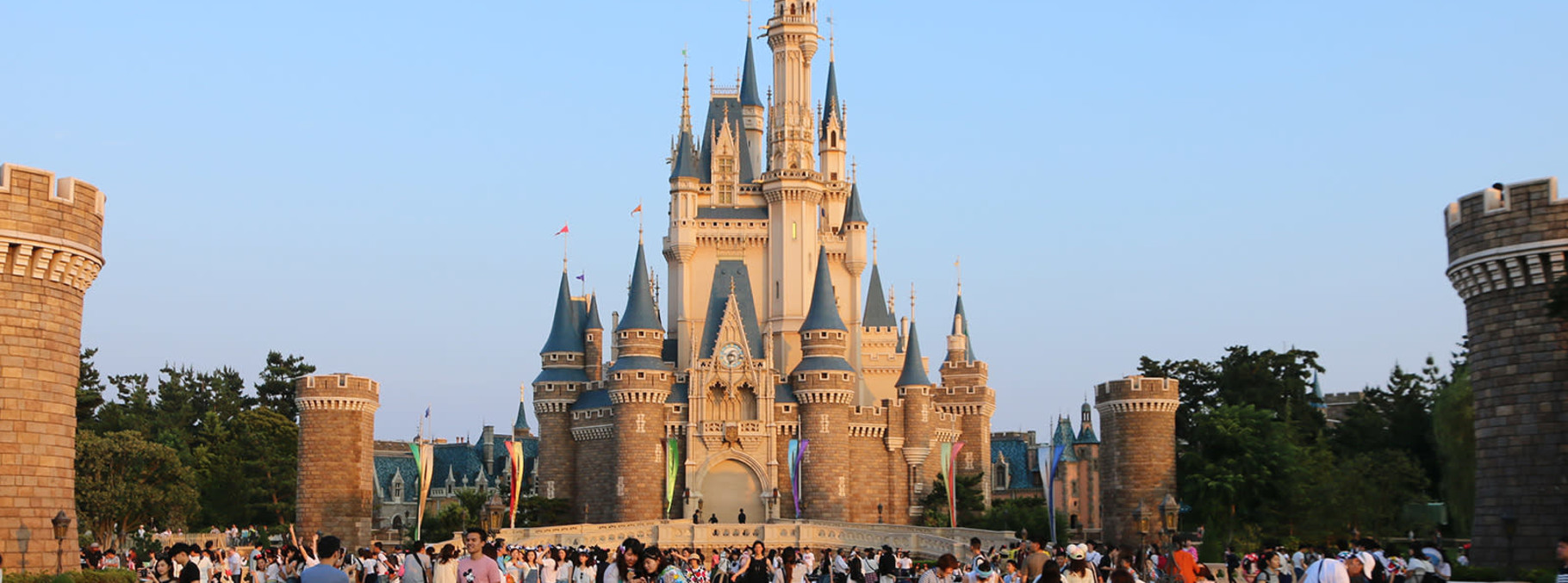Ikuta-jinja


(Source: エスボディ / PIXTA(ピクスタ) )
Main building
Since Ikuta-jinja was built in 201, it has been famous for increasing luck for love, business, health and competition. A lot of Japanese celebrities and athletes visit this shrine, and there are also young female visitors who pray for love every day.

(Source: エスボディ / PIXTA(ピクスタ) )
Festivals
The festivals held in Ikuta-jinja are traditional and worth seeing. Of the events that are held every month, Setsubun on February 3, Ikuta Festival on April 15 and Daikaijinjasai Festival in August are especially spectacular.

(Source: 自然と文化のお話し)
Natural beauty
Ikuta no Mori, the forest of Ikuta, and Ikuta no Ike, the pond of Ikuta, are behind the main building. Both are places that have been loved by the Japanese from a long time ago and these have even been in ancient Japanese poetry. Despite it being in central Kobe, it is very quiet and has a mysterious atmosphere. This shrine was the battlefield of the war in 1184 between Gen-ji and Heishi, two of the strongest samurai families of that period. Now this place is loved by many people as the spot that has divine power.

(Source: たんぶーらんの戯言)
Matsuo-jinja
Ikuta-jinja has many young visitors and especially famous among woman as a shrine for luck with marriage. Matsuo-jinja, located in the area of Ikuta-jinja, enshrines the God of sake, rice wine making and agriculture. But it is said if you pray for fulfillment of love facing the cedar of this shrine, your wish comes true.

(Source: 人気スポット?のブログ)
Mizu-mikuji for marriage
When you immerse Mizu-mikuji, the water-fortune-telling paper, in the pond of Ikuta no Mori, letters appear and tell you your fortune. Once you read your fortune, you can tie your Mizu-mikuji paper at the tying place in the shrine or it is also good to take it home and keep it. Since Mizu-mikuji is related with love and marriage, it is popular among people who are having trouble finding love.

(Source: エスボディ / PIXTA(ピクスタ) )
Passing through Chinowa
On July 15, chinowa, a large ring made with cogon grass, is set in the center of the approach. This special religious service is called “Oharaeshiki.” It is said you can purify your sins which you have caused without being aware by passing through the chinowa. It is also thought to prevent misfortunes such as illnesses and accidents.

(Source: たんぶーらんの戯言)

(Source: エスボディ / PIXTA(ピクスタ) )
Main building
Since Ikuta-jinja was built in 201, it has been famous for increasing luck for love, business, health and competition. A lot of Japanese celebrities and athletes visit this shrine, and there are also young female visitors who pray for love every day.

(Source: エスボディ / PIXTA(ピクスタ) )
Festivals
The festivals held in Ikuta-jinja are traditional and worth seeing. Of the events that are held every month, Setsubun on February 3, Ikuta Festival on April 15 and Daikaijinjasai Festival in August are especially spectacular.

(Source: 自然と文化のお話し)
Natural beauty
Ikuta no Mori, the forest of Ikuta, and Ikuta no Ike, the pond of Ikuta, are behind the main building. Both are places that have been loved by the Japanese from a long time ago and these have even been in ancient Japanese poetry. Despite it being in central Kobe, it is very quiet and has a mysterious atmosphere. This shrine was the battlefield of the war in 1184 between Gen-ji and Heishi, two of the strongest samurai families of that period. Now this place is loved by many people as the spot that has divine power.

(Source: たんぶーらんの戯言)
Matsuo-jinja
Ikuta-jinja has many young visitors and especially famous among woman as a shrine for luck with marriage. Matsuo-jinja, located in the area of Ikuta-jinja, enshrines the God of sake, rice wine making and agriculture. But it is said if you pray for fulfillment of love facing the cedar of this shrine, your wish comes true.

(Source: 人気スポット?のブログ)
Mizu-mikuji for marriage
When you immerse Mizu-mikuji, the water-fortune-telling paper, in the pond of Ikuta no Mori, letters appear and tell you your fortune. Once you read your fortune, you can tie your Mizu-mikuji paper at the tying place in the shrine or it is also good to take it home and keep it. Since Mizu-mikuji is related with love and marriage, it is popular among people who are having trouble finding love.

(Source: エスボディ / PIXTA(ピクスタ) )
Passing through Chinowa
On July 15, chinowa, a large ring made with cogon grass, is set in the center of the approach. This special religious service is called “Oharaeshiki.” It is said you can purify your sins which you have caused without being aware by passing through the chinowa. It is also thought to prevent misfortunes such as illnesses and accidents.

(Source: たんぶーらんの戯言)





